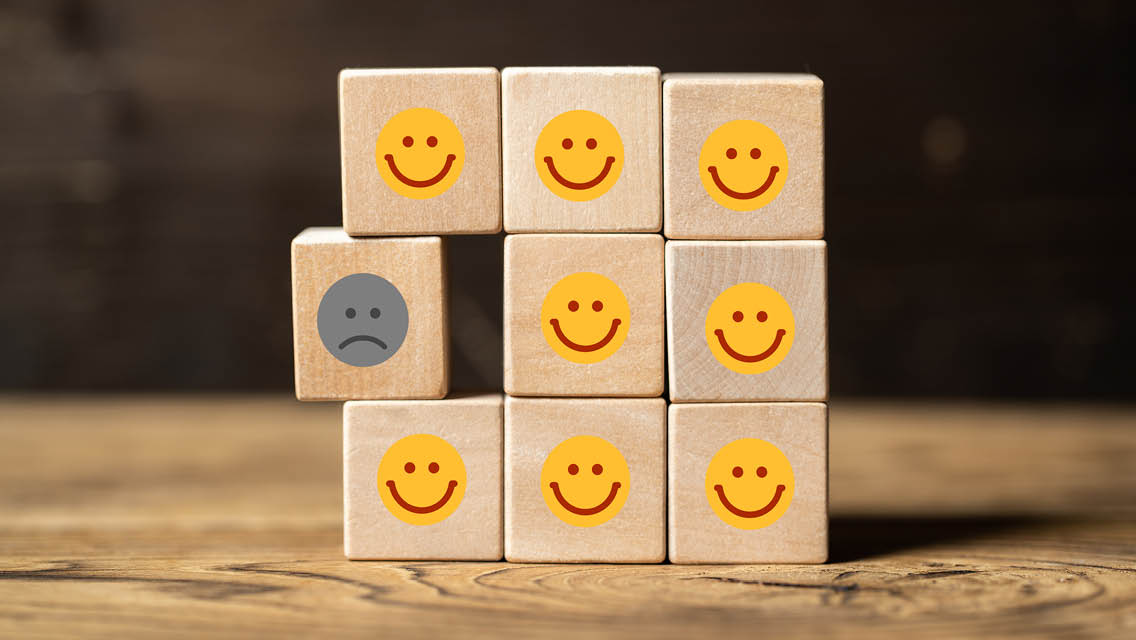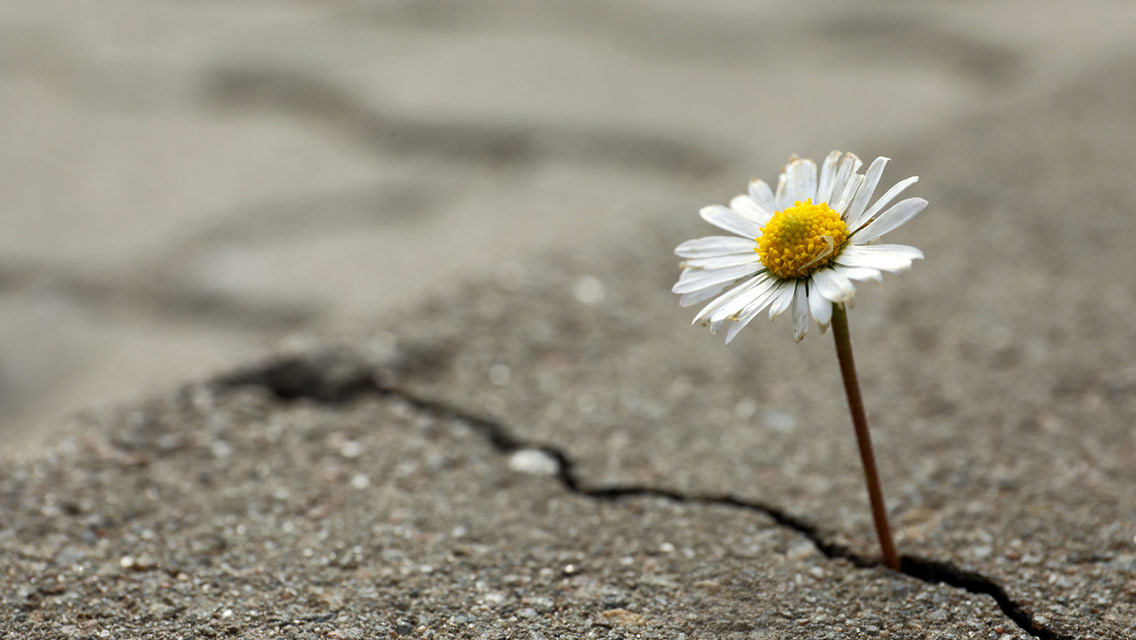Expert Source: Susan J. Elliott, JD, MEd, certified grief counselor, attorney, relationship coach and author of Getting Past Your Breakup: How to Turn a Devastating Loss into the Best Thing That Ever Happened to You.
When a committed relationship comes to an end, grief and stress are almost inevitable. Regardless of why the parting of ways occurred, you’re likely to feel a swarm of difficult emotions — from anger at your former partner to idealization of the lost relationship. You may also be beset with doubts about whether you’ll ever recover from the pain or be able to love again. What you need now are strategies to help you through this difficult time, and guidance toward healthy choices that will help you come out on the other side of the relationship strong and whole.
Relationship expert Susan J. Elliott offers advice on moving beyond heartache.
Barriers to Overcome
- Despair. While it’s natural and healthy to grieve a lost relationship, wallowing in sadness past a certain point (see Strategies for Success, at right) will keep you stuck. So will telling yourself that you’ll never get over it, or convincing yourself that you are simply no good at relationships and never will be. “To paraphrase Henry Ford: ‘Whether you think you can or you can’t, you’re right,’” says Elliott.
- Romanticizing the ex. One perspective that can keep you stuck, says Elliott, is the notion that you’ll never find as good a partner as the one you’re losing. This all-or-nothing thinking is a trap that keeps you from healing and moving on. And it can hit you even if another part of you knows that the breakup was for the best.
- Resenting the ex. While romanticizing what you had isn’t helpful, neither is villainizing your former partner. “Hoping the bastard gets hit by a car is a great way to stay unhappy indefinitely,” says Elliott.
- Clinging to your coupled identity. When you have been connected for a significant period of time, it can feel strange and disorienting to suddenly be single. You may feel awkward being an “unpaired” person when socializing with partnered friends. You may also dread the prospect of reentering the dating scene.
Strategies for Success
- Surrender to sadness . . . for a while. “Let yourself cry and pace the floors — the whole nine yards — for the first couple of weeks,” says Elliott. After that, give yourself limited periods of time to grieve. “First thing in the morning, in the shower, or at some other set time daily, let yourself cry,” she says. “Then get on with your day as best you can.”
- Conduct an inventory. “Put both the good and the bad aspects of the relationship on paper,” says Elliott. “This will move you from pure emotion to a more objective thinking process and demonstrate that there’s more to the story than what you are feeling at the moment.”
- Fill the void. “The sooner you get new activities and new friends into your life,” says Elliott, “the quicker you are going to heal.” If you are feeling raw, start small with a few simple activities you know you’ll enjoy — perhaps pastimes or hobbies you put on the shelf during your relationship. Connect with trusted friends and get support as you bring new people into your life.
- Get the lessons. A failed relationship can teach you a lot about yourself and what you want in a partner, all of which will be useful next time around. What can you glean from the patterns of your past relationship that will empower you to create a better one going forward?




This Post Has 0 Comments